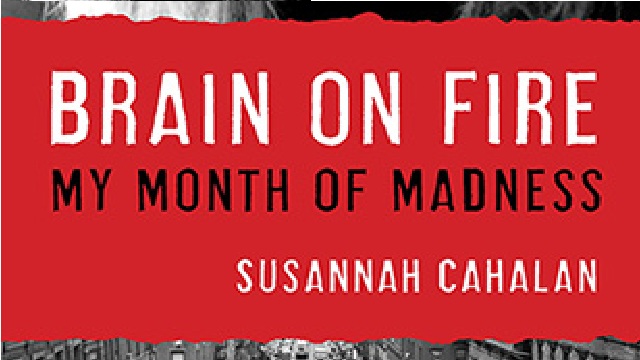The Shared Danger of Gut Reactions and Lying

Many writers, like Dan Gardner, Daniel Kahneman and Peter Singer, have detailed a conflict between so-called “feelings” and “reason”, “Gut” and “Brain”, System One and System Two.
Reason tells us that the chances are minimal the sound you hear at 3am is a psychopathic murderer with a bloodied butcher’s knife; your feelings, just after watching a horror film, however, dictate it must be Jason Vorhees. This clash of our emotions’ immediacy and reasonable conclusions’ distance can create irrational and harmful responses, however.
If we are not seeing reality, we are responding to our imagination, meaning our responses do not match up. We become no different to children who think they’re Superman or, worse, schizophrenics in our reactions.
Indeed, in her book Lying, Sissela Bok highlights that what makes lying so potent and visceral for so many is its proximity to insanity: after all, those who are locked in their worlds due to mental conditions think reality is other than it is. Whether this plays out in extreme paranoia of being watched, hearing voices, and so on, the experiences of these individuals do not match up to reality (as the rest of us see it). Liars are also proclaiming reality to be other than it is; they are forcing their visions and untruths on us. We can forgive those who are unable to stop the voices, the visions and the nightmare they live in; but liars appear to spit on this, they appear to take our confidence that they are a fellow member of reality and have closed their fists on this expectation. In their hands, reality is blocked around us and it is whatever the liar has dictated to us.
With a lie, we also respond in a way that doesn’t match reality.
Because of this shared danger, there is also a shared protection: being more careful of received knowledge; critically appraising ourselves and the evidence; recognising that emotions are better suited for the things we adore than the things we are critical and hateful of.
We mustn’t disregard emotions, just as we ought not to disregard any aspect that creates a fulfilled human experience. However, recognising we must limit where to allow our emotions’ dominance is not the same as claiming it never serves any purpose or must always be disregarded. Even psychopaths (not to be equated with serial killers) recognise that emotions must be taken into consideration when trying to persuade, communicate and engage with others; and even in areas where emotions run high, we must acknowledge where emotions are appropriate and where they are harmful. In trying to decide the best medical or policy decisions, emotions should not be the major basis for coming to decisions: we are acting in a knee-jerk way, not one that is looking at the actual situation. This could make matters worse and create further harms. If we care about reducing harms more than placating our outrage or emotions, then we must silence – or at least minimise – our feelings in deliberations.
Again, this doesn’t negate emotions. In fact, this is an acknowledgment of the power it holds on all of us. But we must decide what we care more about: facing reality as it is, so we have the best solutions or forcing placation of our outrage and feelings?
Image Credit: Elnur/Shutterstock





